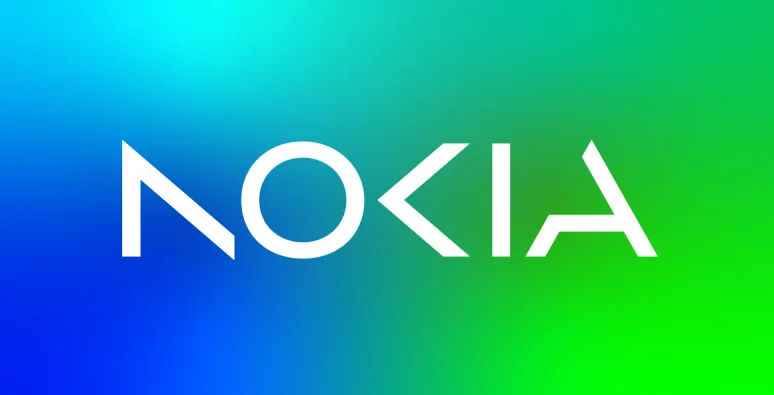
UNIVERSITY NEWS RELEASE — Officials from Switzerland-based École Polytechnique Fédérale de Lausanne (EPFL) announced the creation of a center for Quantum Science and Engineering, which aims to be a global research center for the quantum era.
“Developing quantum technology is an incredible venture that puts us face to face with unprecedented scientific and engineering challenges. Meeting these challenges requires a concerted effort from all technical disciplines – physics, mathematics, chemistry, computer science and engineering – more so than for any previous kind of technological development,” says Prof. Vincenzo Savona, the head of EPFL’s Laboratory of Theoretical Physics of Nanosystems. “EPFL has a long history of excellence and leadership in these various disciplines and occupies a unique strategic position in quantum science and engineering, both in Switzerland and worldwide.”
Savona, whose expertise spans quantum optics, open quantum systems and quantum information, will be the QSE Center’s first director. He will be assisted by a management team composed of professors from EPFL’s School of Basic Sciences, School of Engineering and School of Computer and Communication Sciences.
Major technological advancements
“Thanks to recent progress in science and engineering, we can now use phenomena described by the laws of quantum mechanics to develop revolutionary new technology for computing, communications and measurement,” says Savona. “This will lead to major advancements in several fields and bring significant benefits to society.”

By setting up the QSE Center, EPFL aims to coordinate efforts across the board to develop and implement quantum technology in applications that span all disciplines of science and engineering.
What sets the Center apart is its cross-disciplinary approach. Savona explains: “Quantum technology is highly complex and requires pulling together methods from many scientific fields. The unique feature and key strength of the QSE Center is our ability to bring together experts from different fields – already represented here at EPFL – to apply their knowledge to quantum science and engineering.”
Two main research areas
Research at the QSE Center will focus on two main areas. The first is quantum computing. “Our goal here will be to develop and implement quantum algorithms [see box] as well as the computer programs needed to use them,” says Savona. “Developing, implementing and integrating these tools will eventually lead to a quantum advantage [see box] in all applications requiring a high level of computing power. These applications could include simulating biological molecules to predict disease and develop new drugs, for example, or running simulations of weather and climate change over extended time horizons. Quantum advantage would also benefit much of the research done here at EPFL, such as in physics, chemistry, materials science, engineering, life science, computer science and data science.”
The second research area will involve studying integrated, hybrid and scalable systems using EPFL’s advanced nano-fabrication facilities. This will pave the way to technological advancements in quantum hardware, quantum sensing and quantum communications.
A priority on education and research partnerships
The QSE Center will draw on the wide range of skills in quantum science and engineering already available in Switzerland. For instance, it intends to work closely with the University of Geneva through joint R&D projects and jointly hold classes for Master’s and PhD students.
Also with regards to education, the Center will introduce a new Master’s program in quantum science and engineering at EPFL. This will be a unique, cross-disciplinary program with classes in theoretical physics, computer science and engineering. “We will also offer excellence fellowships for Master’s students in order to attract talented young minds from Switzerland and abroad,” says Savona. “This will enable us to lay the foundation for the next generation of quantum scientists and engineers.”
In addition, the QSE Center will promote research and innovation by holding events such as workshops, conferences, and programs on specific topics, bringing selected experts to EPFL for long-term stays. These events will foster interaction and collaboration and stimulate creative thinking and progress.
“Current and future breakthroughs in quantum technology mark major turning points in the history of humanity,” says Savona. “We’re in a pioneering era that’s similar to the emergence of computers in the 1950s and the advent of the internet in the 1990s. This is a one-of-a-kind opportunity to contribute to the progress and advancement of our society.”
Source: EPFL
If you found this article to be informative, you can explore more current quantum news here, exclusives, interviews, and podcasts.















